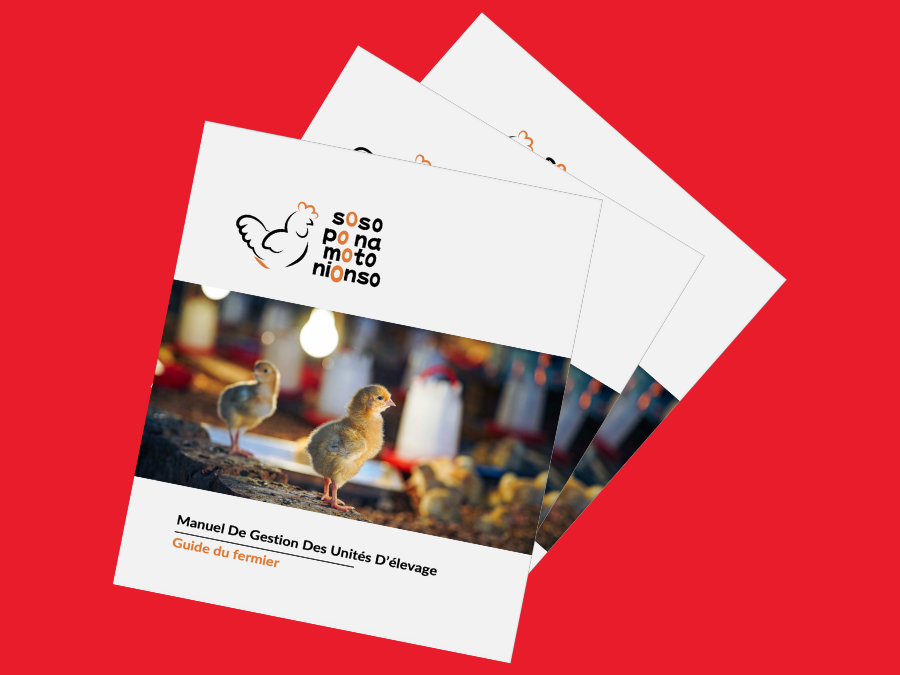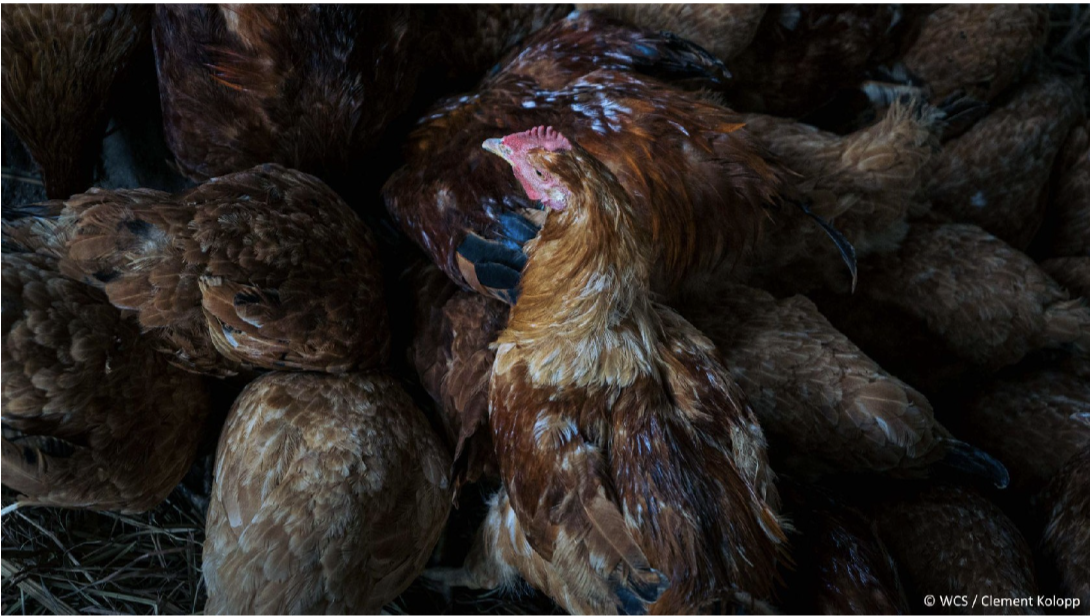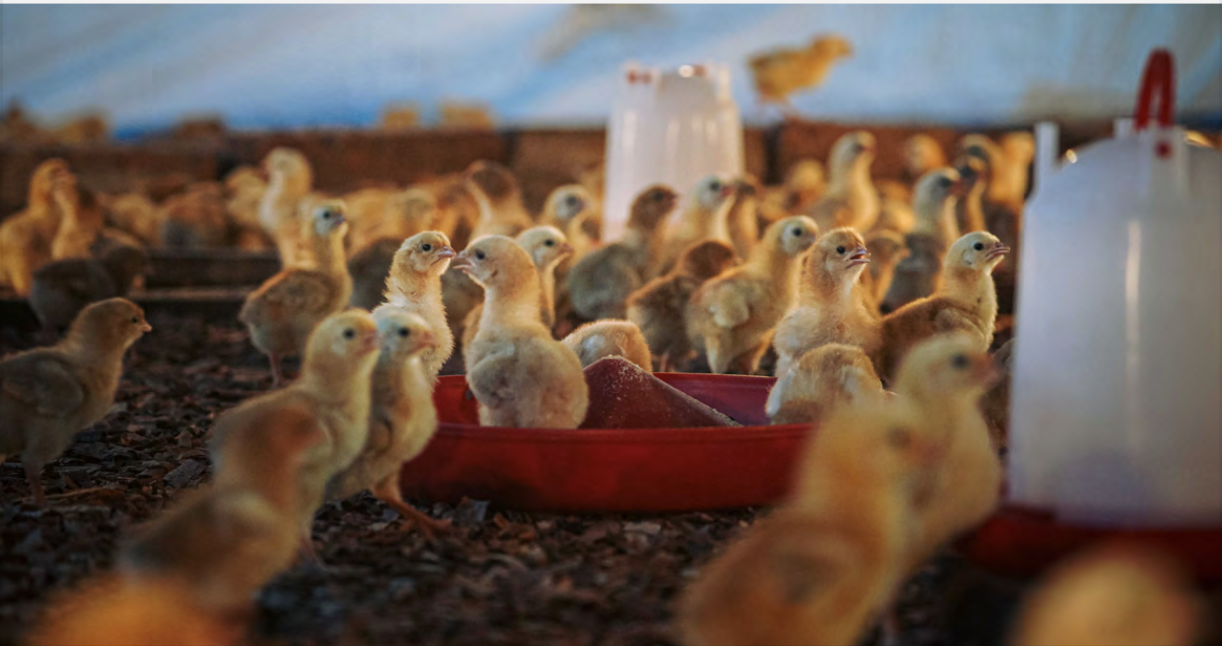Reducing the Bushmeat Trade in the Republic of Congo
The “Conserving the Biodiversity of Northern Congo by Diversifying the Livelihoods of Bushmeat Value Chain Agents and Increasing Poultry Production,” program in the Republic of Congo (RoC) is implemented by the Wildlife Conservation Society (WCS) with financial support from the United States Agency for International Development (USAID) and advisory support from the World Poultry Foundation (WPF). The program aims to address the threats to biodiversity in the forests of northern Congo by targeting the unsustainable hunting of bushmeat.


The program focuses on two key strategies: diversifying the livelihoods of those involved in the bushmeat trade and increasing poultry production. By engaging with the private sector, the program aims to create conditions that enable Congolese poultry producers to significantly expand their production, providing sustainable protein sources for communities and reducing the dependence on bushmeat. At the same time, the program aims to offer alternative economic activities to individuals currently involved in the bushmeat value chain, ensuring their successful transition to more sustainable livelihoods.
WPF supported implementation by conducting a comprehensive assessment of the poultry industry in the RoC. Based on the findings of the evaluation, WPF actively assisted in identifying a suitable local poultry producer in RoC to spearhead the implementation of the program. Additionally, WPF provided guidance on ensuring the secure transportation of poultry into RoC and developing appropriate feed formulations utilizing locally available ingredients.
